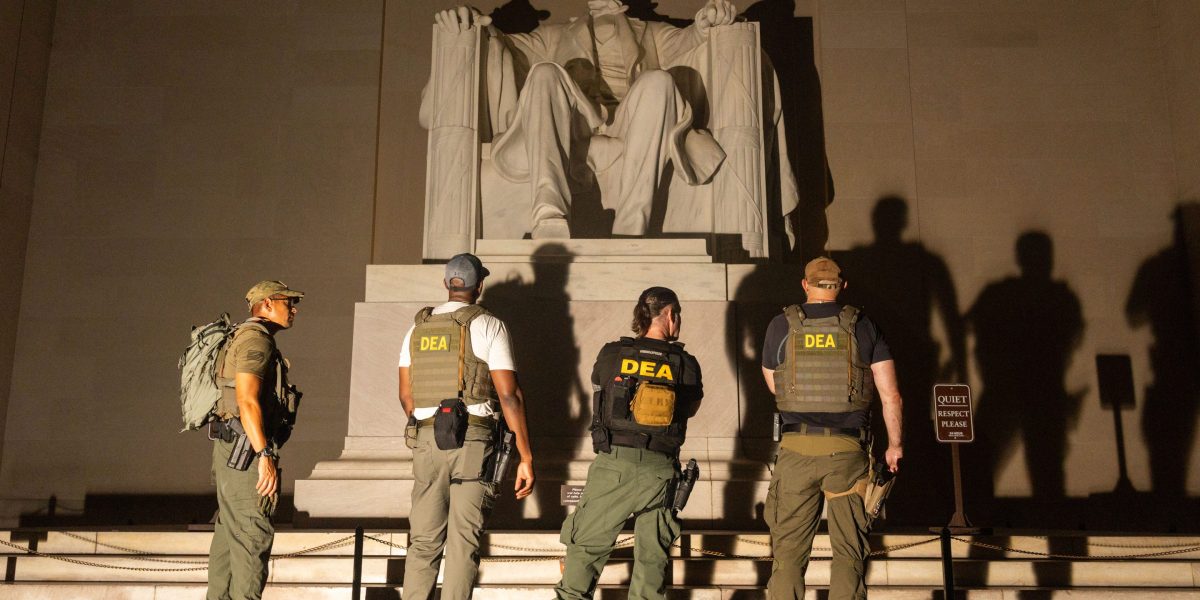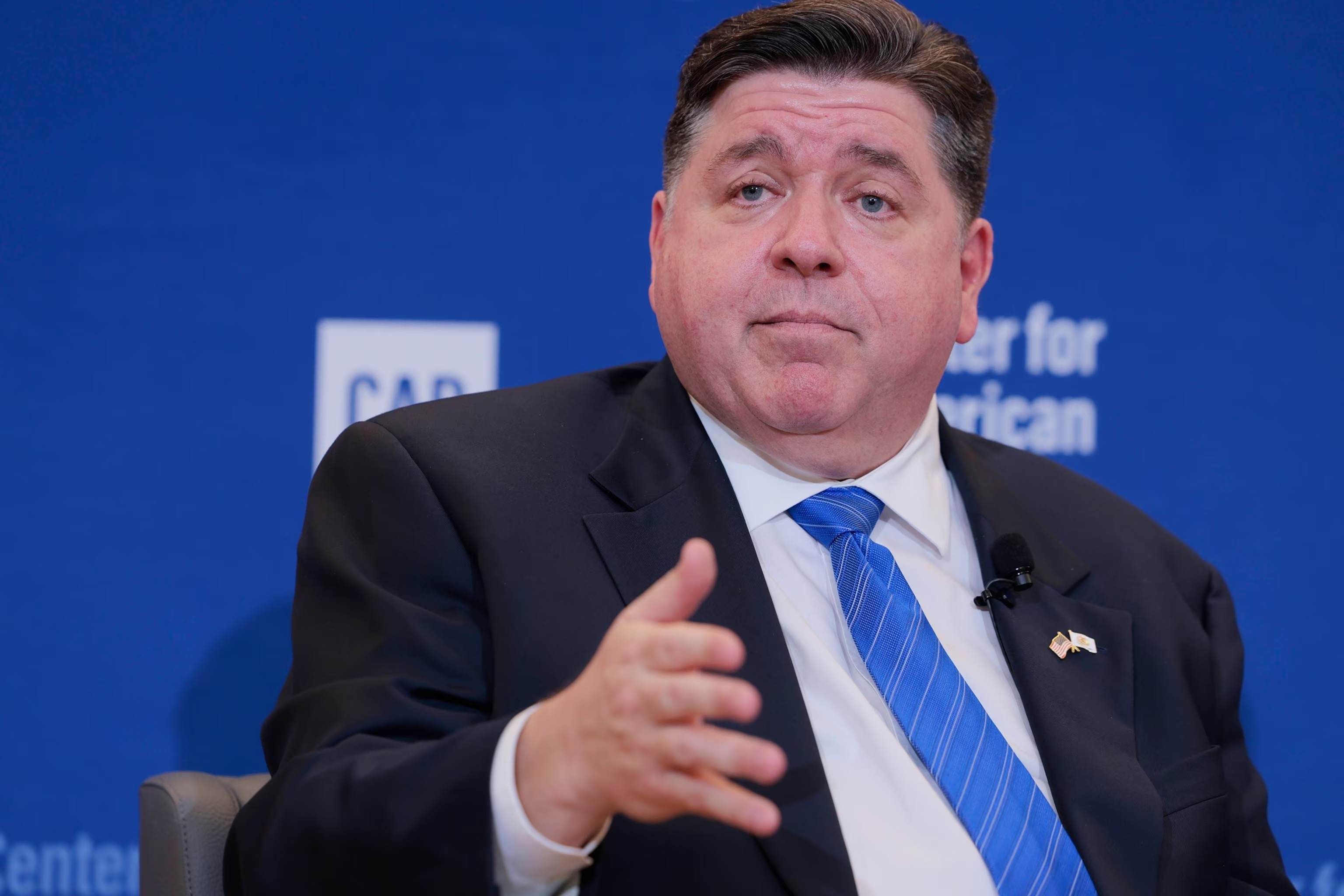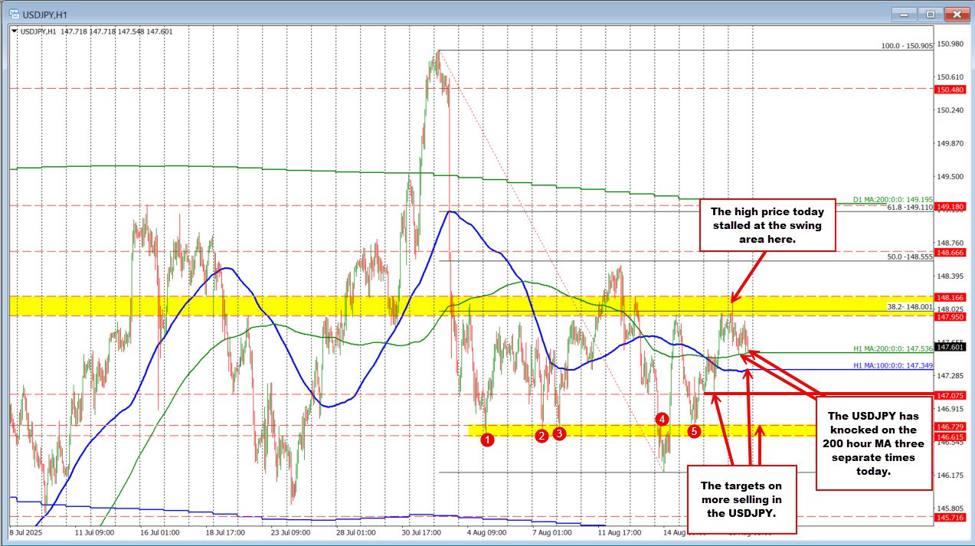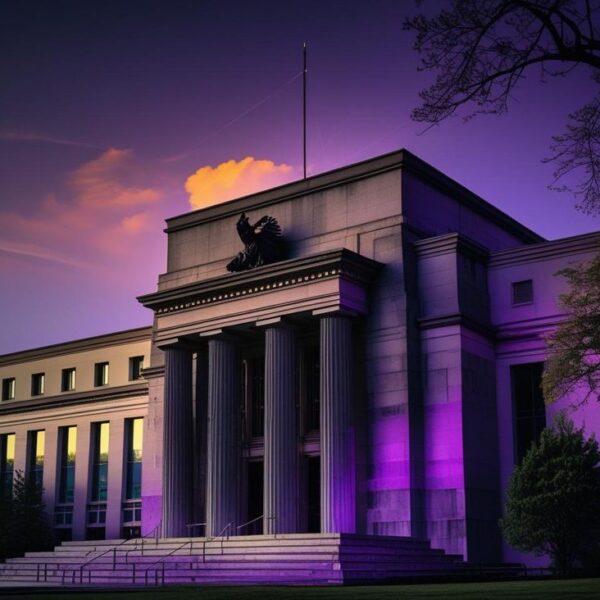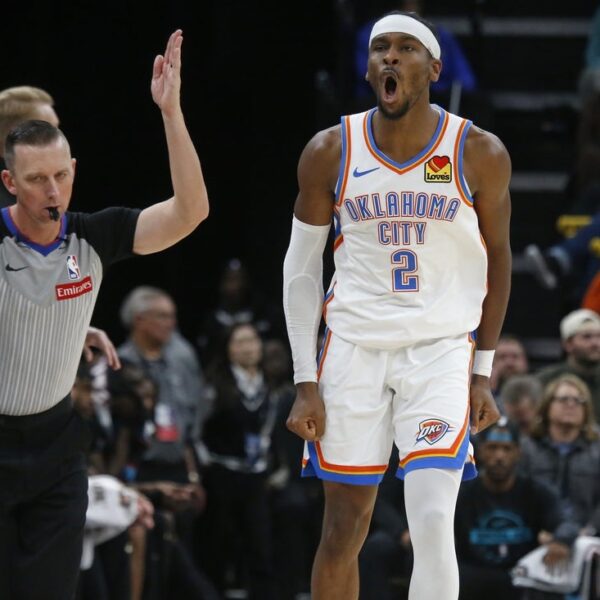
Washington restaurants are becoming unexpected collateral damage in President Donald Trump’s D.C. police takeover, with reservation data showing a sharp decline in diners since the president federalized the city’s police force.
Restaurant reservations in D.C. plummeted last week, dropping 16% on Monday—the day he invoked the D.C. Home Rule Act—27% on Tuesday, and 31% on Wednesday compared with the same days in 2024, according to OpenTable. WUSA, a local television station, was the first to report on the news.
Washington, D.C. is one of very few American cities to see a drop in August dining reservations compared to last year, according to OpenTable. Prior to Trump’s police takeover, D.C. had improved in reservation numbers for 11 consecutive months on a year-over-year basis, according to WUSA.
That makes this August all the more striking. August is typically the slowest month of the year for restaurants in Washington, as Congress recesses and families head out on last-minute vacations.
“There’s always been this expectation that reservations drop in August,” said Shawn Thompson, the president and CEO of Restaurant Association Metropolitan Washington, who noted that college move-ins and family travel are major seasonal factors. “But the added visibility of federal agents and troops on the streets can’t be ignored—it’s contributing to the downturn.”
At the same time, Thompson cautioned, it’s still too soon to say how much of the dip is directly tied to Trump’s policy, since the mobilization of federal forces only began in earnest midweek.
Ariel Pereira, a server at Osteria Al Volo, an Italian restaurant in D.C., told Fortune he has “absolutely” seen a decline in diners. He estimated only 40% of the dining room is being sat, when usually the restaurant is at full capacity.
However, he wasn’t sure if he should attribute that to the recent takeover, or because of children going back to school.
Reservations also fell over the past two weeks in the neighboring city of Baltimore, according to the OpenTable data. However, the decline is distinctly less steep: Reservations fell by less than 10% every day except Aug. 17, which showed a decline of 19%.
Trump, meanwhile, painted a different picture. On Monday, sitting next to Ukrainian President Volodymyr Zelenskyy, the president told reporters he thinks restaurants are more crowded than they’ve been in a long time.
“The press says, ‘He’s a dictator, he’s trying to take over.’ No, all I want is security for our people,” Trump said. “But people who haven’t gone out to dinner in Washington, D.C., in two years are going out to dinner, and the restaurants the last two days were busier than they’ve been in a long time.”
Even as crime in D.C. has fallen to a 30-year low this year, Trump last week deployed 800 National Guard troops along with hundreds of federal agents to crack down on the city. Governors from GOP states on Aug. 16 pledged to send an additional 750 troops. Officials have since arrested around 300 people, according to the White House, more than 40% of whom are undocumented immigrants, according to The Washington Post.
Trump’s move was met with significant backlash from residents, with hundreds taking to the streets to protest the “hostile takeover” on Aug. 16. Protestors also gathered to demonstrate against the youth curfew posed by D.C. police, which prevents teenagers under the age of 17 from gathering in large groups in a popular hang-out area.
Some D.C. residents are supportive of the move.
“I’m happy Trump is gonna have his department take over the police department. I think it’s needed, I think we will have some results,” Leroy Thorpe, who founded Citizen Organized Patrol Efforts, told NBC Washington.
Cheryl Watson, another group member, concurred, adding “the kids are out of hand.”
Other residents have reported eerily empty streets and “roving patrols” that unsettle them.
“There is not a crime crisis in D.C.,” Rosa Brooks, a former D.C. Metropolitan reserve police officer who is now a professor at Georgetown Law School, told NPR.
“This is police state territory, banana republic police state territory,” she said.

